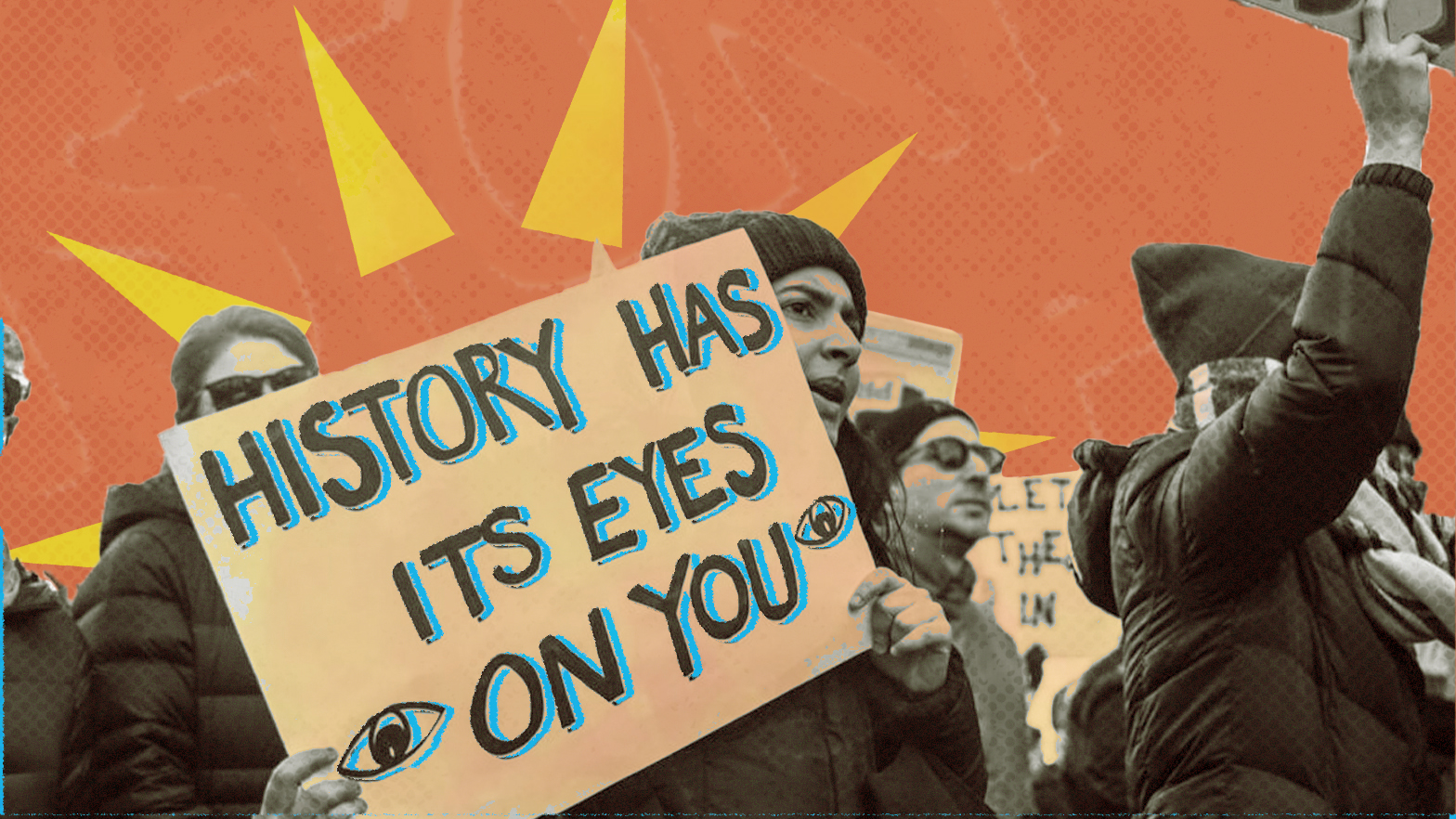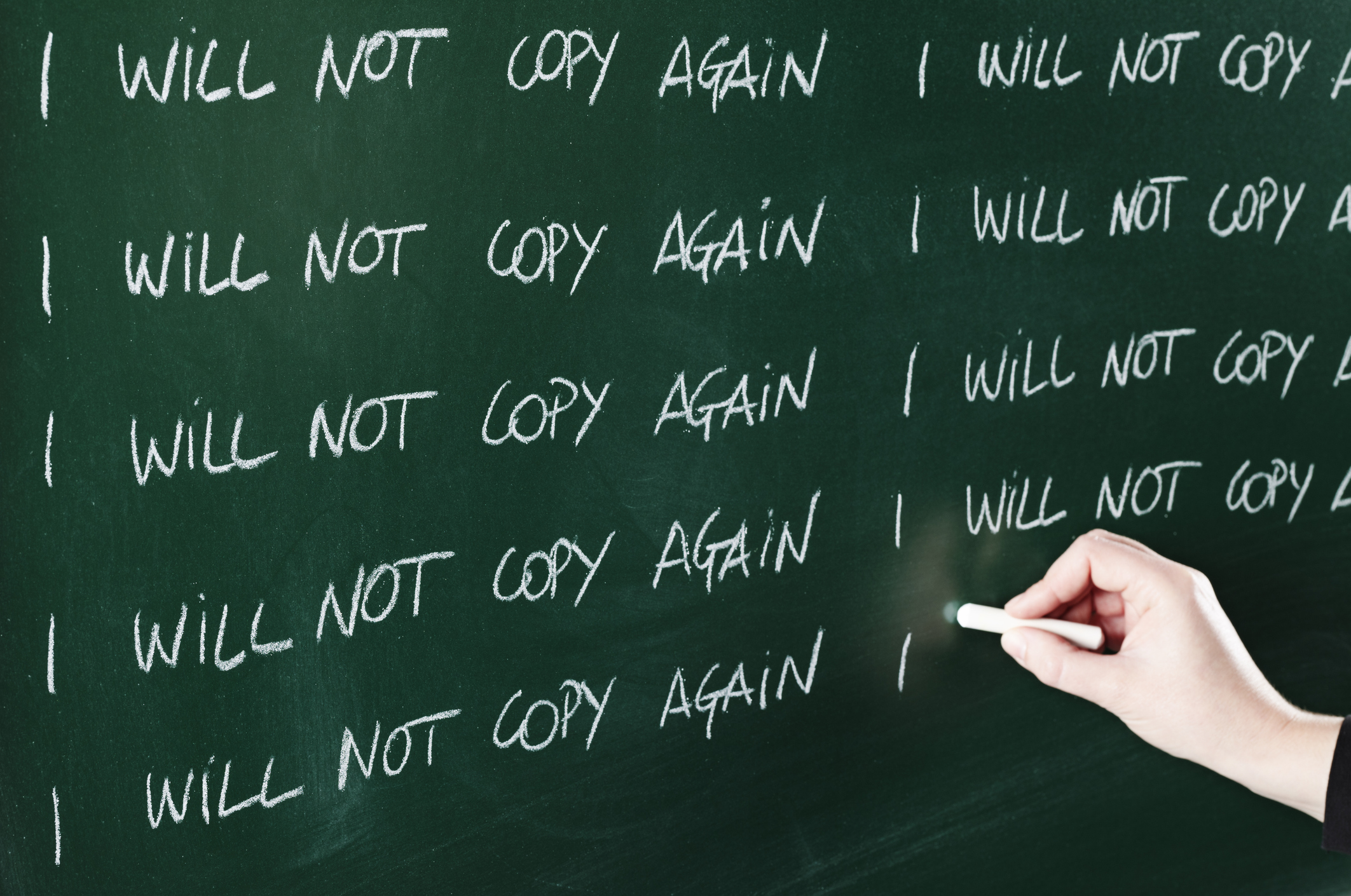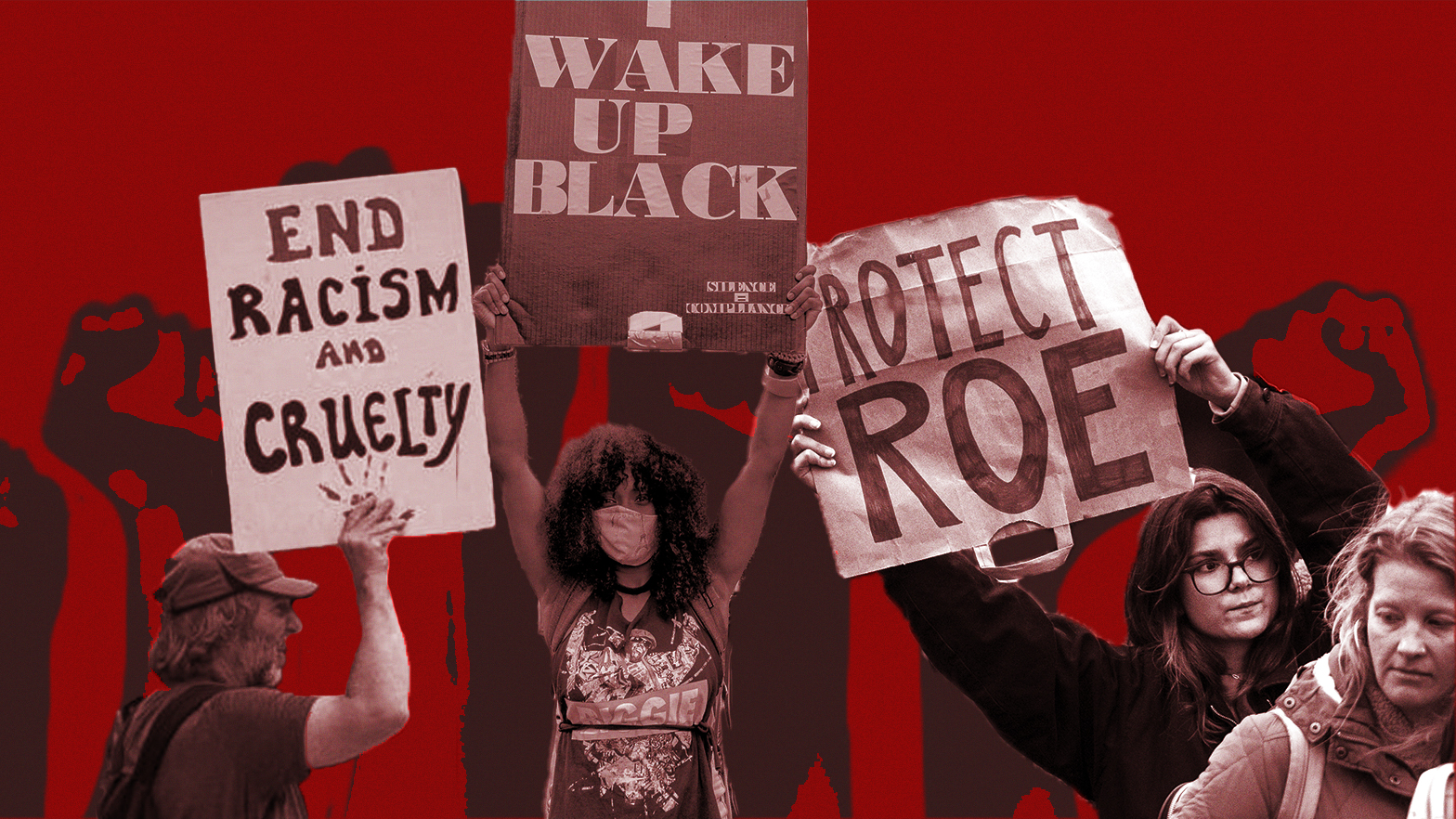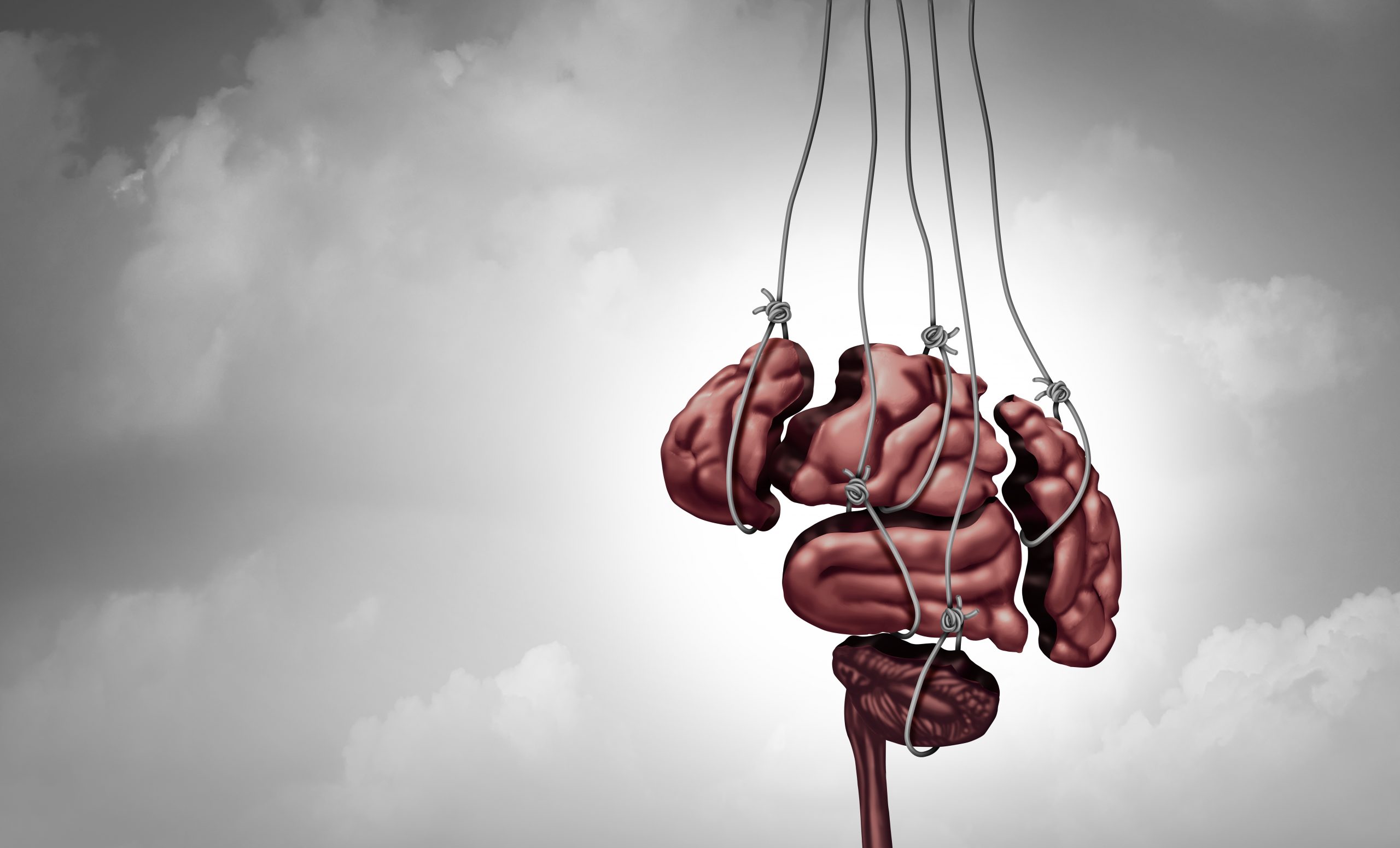The collapse of academic standards is a function of racial preferences.
Resistance Is Necessary

Parents must do everything they can to stop CRT.
The teaching of Critical Race Theory (CRT) in classrooms across America has raised the ire of parents—and for good reason. CRT’s principal claim is that America is systemically racist and incapable of racial justice. It is a wholesale ideological assault on the American experiment and rejects our founding principles—namely, that “all men are created equal” and should be treated as such under the law. Its ubiquity concerns parents, specifically, and citizens, generally, who object to this vision.
The standard response by CRT apologists to parental pushback is to dissemble. They claim CRT is not really what its critics say it is, and that even if it is, CRT is not being taught in schools. But, even if it is being taught in schools, CRT is a necessary means to understand and interpret America’s racial past, present, and future. This strategy of obfuscation has been successful, because evidence of CRT’s spread in American schools has been largely anecdotal. Until now.
A new Manhattan Institute study gives the lie to this narrative. The study asked “a nationally representative sample of 1,505 18- to 20-year-old Americans” whether they have been taught CRT and related concepts. The answers are troubling. Sixty-two percent of students report being taught that America is a “systemically racist country”; 57 percent report learning that “white people have conscious biases that negatively affect non-white people”; and 67 percent report hearing that “America is built on stolen land.” Among the students surveyed, 82.4 percent attend public schools.
Ideologically, CRT is uniquely subversive, because it corrupts our future citizens. Its dissemination in public schools threatens the survival of the American regime.
Preparing Students for Citizenship
The U.S. Supreme Court has explained that the “role and purpose of the American public school system” is to “prepare pupils for citizenship in the Republic.” The public school system, the Court has reasoned, is essential to “the preparation of individuals for participation as citizens, and in the preservation of the values on which our society rests.”
As John Adams wrote, “Children should be educated and instructed in the principles of freedom.” Republican citizenship requires strength of character, cultivated virtues, moral seriousness, facility with reasoning skills and deliberation, and a commitment to ordered liberty and individual rights. It requires citizens who are willing to defend the liberal democratic order from those who undermine its foundations.
Civic republicanism—America’s public religion—builds affection across immutable identities, divergent regions, and successive generations. Republican citizenship compels us to advance the common good and make sacrifices in the service of our country and countrymen—past, present, and future. To appropriate Edmund Burke’s gloss on the social contract, American citizenship serves as “a partnership not only between those who are living, but between those who are living, those who are dead, and those who are to be born.”
The curriculum is the primary means of cultivating republican citizenship in public schools. As the Supreme Court opined, “curricular requirements” reflect “the ways a public school system promotes the development of the understanding that is prerequisite to intelligent participation in the democratic process.” Indeed, V.O. Key, Jr., a leader in the behavioralist school of political science, observed that “the school system functions as a powerful molder of politically relevant attitudes and as a means for induction into citizenship.” In recognition of these weighty influences on America’s future, the Supreme Court wrote approvingly of New York’s one-time curriculum mandate: “to promote a spirit of patriotic and civic service and obligation and to foster in the children of the state moral and intellectual qualities which are essential in preparing to meet the obligations of citizenship in peace or in war.”
These observations are not the product of judicial navel gazing but are a modern reiteration of ancient wisdom. As Aristotle reportedly stated, “The most effective way of preserving a state is to bring up the citizens in the spirit of the government and, as it were, to cast them in the mold of its constitution.” The first U.S. Commissioner of Education, Henry Barnard, thought it integral that the government “encourage a system of education which shall harmonize with republican ideas and republican civilization.”
This unbroken thread of reasoning from Aristotle to the Supreme Court demonstrates that public schools must foster republican citizenship and instill the knowledge necessary to maintain our liberal democratic order. A curriculum that does not meet these ends is derelict at best—subversive at worst.
This is not simply a matter of pedagogical preference—it’s a question of regime continuity. “Liberal regimes must have the power to take reasonably necessary steps to ensure their own survival,” observed Law Professor Stephen Gilles, because “a liberal state devoid of loyal, law-abiding citizens is unlikely to remain liberal for very long.” The American constitutional order cannot be understood apart from republican virtue. Our freedom must not be exploited to provide “for the free operation and development of a force specifically designed for [its] own destruction,” as political theorist James Burnham once wrote.
Subverting Public School Education
CRT is anathema to preparing students for republican citizenship. Richard Delgado and Jean Stefancic, its chief interpreters and ideological enforcers, do not hide its illiberal ends: “The critical race theory (CRT) movement is a collection of activists and scholars” who “question the very foundations of the liberal order, including equality theory, legal reasoning, Enlightenment rationalism, and neutral principles of constitutional law.” They reject America’s colorblind principles in favor of “aggressive, color-conscious efforts to change the way things are” and defend racial quotas as a “determined attack on the idea of merit.” By definition, CRT seeks to eradicate what the Supreme Court has called the “fundamental values necessary to the maintenance of a democratic political system.”
This is not surprising given CRT’s revolutionary inheritance. As one commentator put it: “Much as Marx described human history as a permanent conflict between the bourgeoisie and the proletariat,” CRT adherents “view American society as a zero-sum conflict between the powerful white males and powerless minorities that cannot be mitigated by other affinities or commonalities.” As they seek to upend America’s liberal regime, they are naturally hostile to “another liberal mainstay, namely, rights.”
Critical Race Theory activists target schools precisely because, as CRT godfather Derrick A. Bell acknowledged, they “hope that scholarly resistance will lay the groundwork for wide-scale resistance.” This is accomplished by teaching impressionable children that our country “is beyond redemption, that whites are irredeemably racist and that the principles of the liberal legal system are false promises.” The agitators would depose our liberal democratic order and replace it with an authoritarian racial spoils, neo-segregationist, and economic redistributionist system. Playing the long game, they have internalized this Jesuit adage for maximum political gain: “Give me a child for his first seven years, and I’ll give you the man.”
CRT’s tenets subvert American civilization and the traditional ends of public school education. As the Manhattan Institute study found, “those who report being taught CRT-related concepts are not only more likely to endorse them but also more likely to blame white people for racial inequality, to essentialize white people as ‘racists,’ and to support ‘equity-oriented’ race-based policies.” Put another way, students leave the classroom convinced they have a duty to treat others differently based on skin color and that government policy must do the same. A citizenry that internalizes these attitudes will cease to be republican—and will cease to enliven their institutions with a liberal and tolerant spirit—because they will have abandoned their commitment to the equal dignity of all men and women.
Replacing the American Liberal Order
CRT is anti-education, because as the eminent legal scholar and jurist Richard Posner wrote, it “turns its back on the Western tradition of rational inquiry, forswearing analysis for narrative.” “Rather than marshal logical arguments and empirical data, critical race theorists tell stories—fictional, science fictional, quasi-fictional, autobiographical, anecdotal—designed to expose the pervasive and debilitating racism of America today,” all the while “reinforc[ing] stereotypes about the intellectual capacities of non-whites.”
With the forces of anti-liberalism on the march in academia, the legacy media, and the corporate boardroom, the last thing American children need is a false ideology that destroys the natural affinities they have for their homeland and fellow citizens. While CRT proponents may think they are recruiting future revolutionaries, they are instead impoverishing the souls of America’s children. Parents have a moral obligation to resist. To do otherwise is parental neglect and, worse, what may well be what Ronald Reagan called “the first step into a thousand years of darkness.”
The American Mind presents a range of perspectives. Views are writers’ own and do not necessarily represent those of The Claremont Institute.
The American Mind is a publication of the Claremont Institute, a non-profit 501(c)(3) organization, dedicated to restoring the principles of the American Founding to their rightful, preeminent authority in our national life. Interested in supporting our work? Gifts to the Claremont Institute are tax-deductible.
Populists need to investigate the moral grounds on which ordered liberty is based.
The counter-universities defying wokeness in higher education.
Replace critical race theory with patriotic education.
The Biden Administration holds up illiberal icon Kendi as a model of civic education
Detractors of nationalism indulge in dreamcasting over statesmanship.






